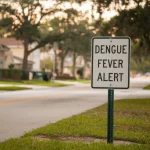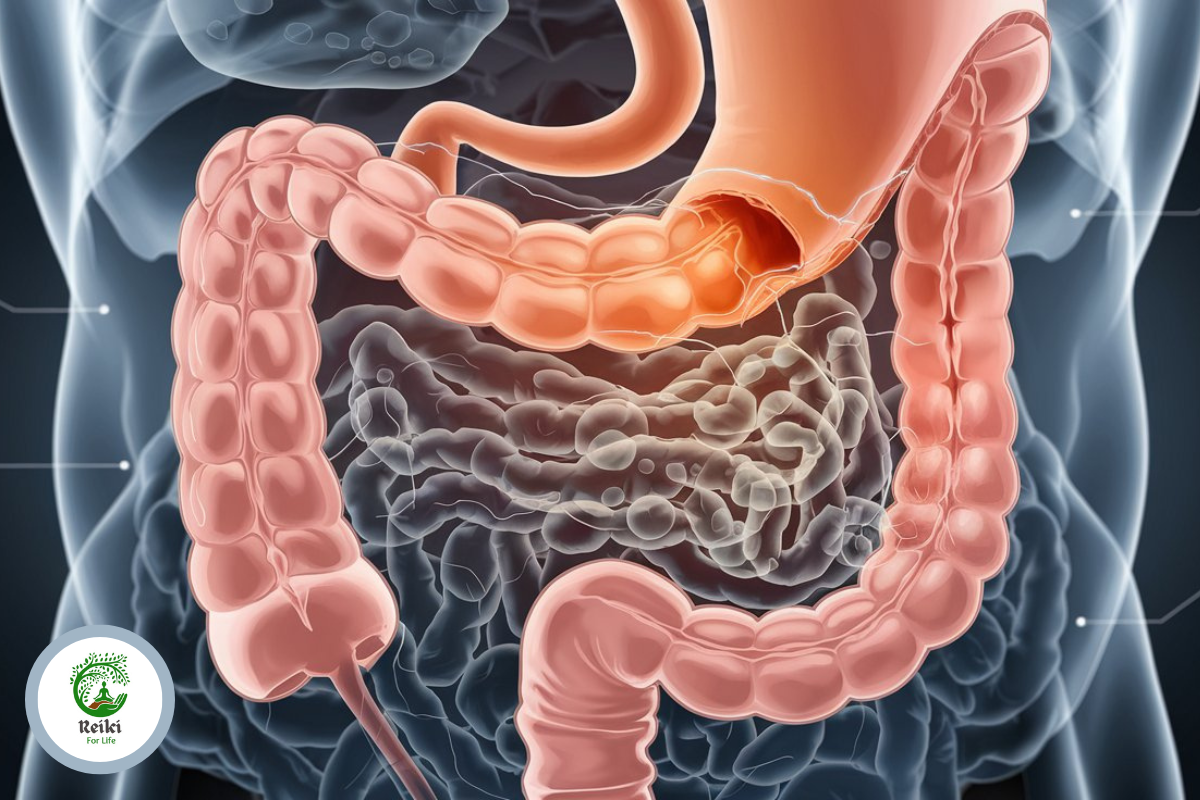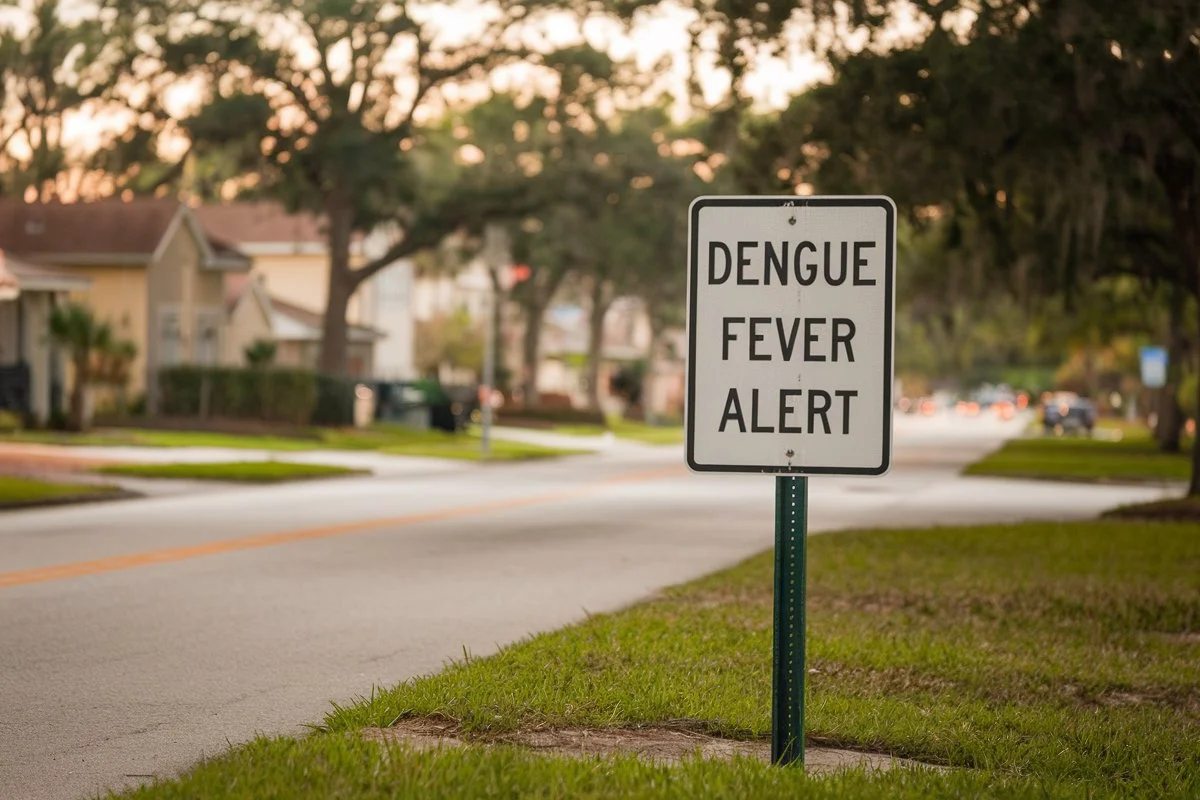Colorectal cancer, another name for bowel cancer, is one of the most prevalent cancers in the world. Constant or unusual stomach gurgling can occasionally be a sign of underlying health issues, such as colon cancer, even though stomach noises are generally benign and associated with digestion.
This article will discuss the connection between stomach rumbling and colon cancer, as well as early symptoms, possible causes, and when to consult a doctor.
Understanding Stomach Noises and Their Causes
Common sounds produced by the passage of food, fluids, and gas through the intestines are referred to as “stomach noises,” or “borborygmi” in medical terminology. Although these noises are mostly benign, some patterns or recurring sounds may be signs of health problems.
Common Causes of Stomach Noises:
- Hunger: Gurgling sounds can be a sign of an empty stomach.
- Digestion: As food passes through the gastrointestinal tract during a typical digestion process, sounds are produced.
- Gas: Loud stomach noises can be a sign of too much gas.
- Infections or Inflammation: Unusual sounds may be a symptom of gastroenteritis or gastritis.
See Also: Health Benefits of Lemon Juice Nature’s Immune-Boosting Elixir
When Are Stomach Noises a Concern?
- Loud, continuous stomach noises accompanied by pain in the abdomen or irregular bowel motions.
- Symptoms such as prolonged bloating, blood in the stool, or unexplained weight loss.
- When accompanied by stomach signs of bowel cancer, like changes in the frequency or consistency of stools.
Bowel Cancer and Stomach Noises: Is There a Connection?
Although stomach noises by themselves do not necessarily indicate bowel cancer, they may be connected to gastrointestinal problems that are associated with the disease.
How Bowel Cancer Can Cause Stomach Noises:
- Obstruction in the Bowel: When tumors partially obstruct the intestines, food and gas fight to flow through, making loud gurgling noises.
- Changes in Digestion: Cancer can cause abnormal bowel movements and the noises that go along with them.
- Excess Gas Production: Digestive alterations brought on by cancer may result in an increase in gas output.
Associated Symptoms of Bowel Cancer:
- Blood in stool
- Unexplained weight loss
- Persistent abdominal discomfort
- Change in bowel habits (diarrhea or constipation)
- Fatigue and weakness
Early Warning Signs of Bowel Cancer
Recognizing the early signs of bowel cancer can lead to timely diagnosis and treatment.
Key Symptoms to Watch For:
- Persistent Changes in Bowel Habits: Diarrhea, constipation, or irregular bowel movements lasting more than four weeks.
- Blood in Stool: Bright red blood or dark tarry stools.
- Unexplained Weight Loss: Sudden weight loss without changes in diet or activity.
- Abdominal Pain or Discomfort: Cramping, bloating, or frequent gas pains.
- Feeling of Incomplete Evacuation: Constant sensation of needing to pass stool.
Does Colon Cancer Cause Stomach Noise?
Chronic gurgling sounds combined with other symptoms may merit medical inquiry, even though stomach noises are not the main sign of colon cancer.
See also: The Wonders of Moringa Oleifera Seed Oil/Oil of Ben
Stages of Bowel Cancer
It is easier to assess the severity and available treatments when one is aware of the stages of bowel cancer.
Stage 1 Bowel Cancer:
- The colon or rectum’s lining is where the cancer is located.
- No distant organs or lymph nodes have been affected.
- High chance of survival if caught early and treated.
Stage 2 to Stage 4:
- Cancer spreads to deeper layers, lymph nodes, or other organs.
- As stages progress, survival rates decline.
When to See a Doctor
See a doctor right away if you experience any of the following symptoms in addition to persistent stomach noises:
- Blood in stool
- Persistent abdominal pain
- Changes in bowel habits
- Unexplained weight loss
- Chronic fatigue
Diagnostic Procedures Include:
- Colonoscopy: To check for anomalies in the colon.
- CT Scan: Provides detailed images of the digestive system.
- Blood Tests: Look for anomalies such as anemia.
How to Reduce Stomach Noises and Maintain Gut Health
Dietary Tips:
- Eat smaller, more frequent meals.
- Stay hydrated.
- Avoid carbonated drinks.
- Increase fiber intake (fruits, vegetables, whole grains).
Lifestyle Changes:
- Exercise regularly.
- Manage stress through relaxation techniques.
- Avoid overeating or skipping meals.
Medical Treatment:
For diagnosis and treatment, speak with a healthcare provider if the noises continue and are accompanied by symptoms.
Conclusion
When combined with other symptoms, bowel cancer stomach noises can occasionally indicate an underlying digestive problem, even though they are not a reliable indicator of the disease on their own. Effective management and treatment of bowel cancer depend heavily on early detection, lifestyle modifications, and medical intervention.
See your healthcare practitioner right away if you’re having troubling symptoms in addition to recurrent stomach rumbling.
See also: Healthy Coping Skills for Relationship Problems: Building Stronger Bonds
FAQs
Does colon cancer cause stomach noise?
Although irregular gurgling sounds are not a sign of a serious illness, they may be a sign that you need to see a doctor.
What are the early warning signs of bowel cancer?
The main warning indicators include blood in the stool, ongoing stomach pain, and inexplicable weight loss.
What is Stage 1 bowel cancer?
Cancer in Stage 1 is limited to the intestinal lining and has not progressed to lymph nodes.
How long can you survive bowel cancer without treatment?
The patient’s stage and general health have an impact on survival chances. Results are greatly enhanced by early detection.
Can your body fight off a tooth infection?
No, in order to fully eradicate an infection, skilled medical care is necessary.











